Australia: Rescuers save 100 whales after mass stranding
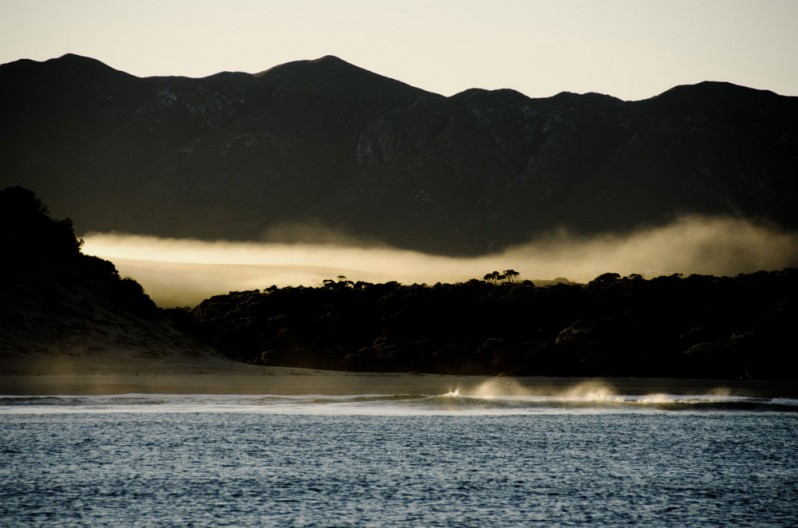
The pilot whales got stuck in shallow waters on the west coast of Tasmania during the country’s largest-ever recorded stranding. Rescuers were not able to save all 470 of the marine mammals.
Why cracking down on the shark fin trade may be easier than we thought
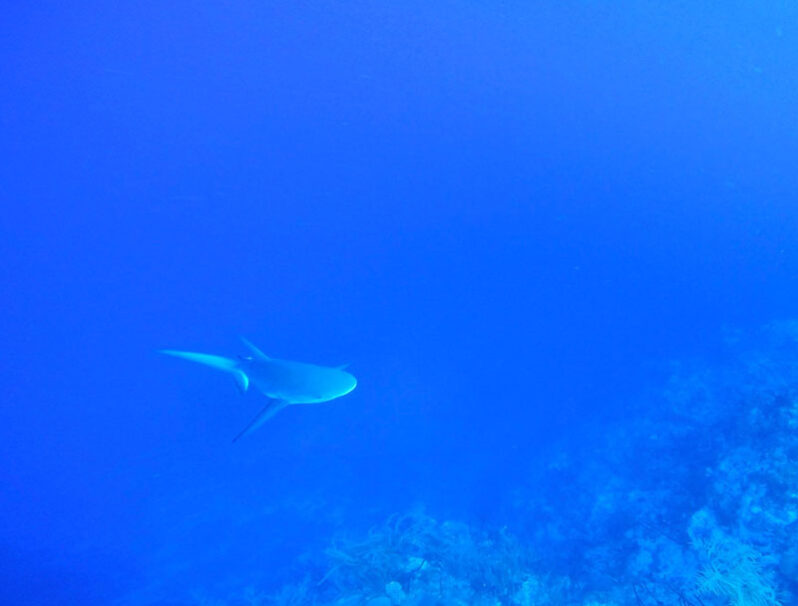
Many shark fins used in a traditional Asian delicacy come from the coastal waters of just a handful of countries. The finding upends conventional notions—and could make this conservation challenge easier to tackle.
Reef sharks are in major decline worldwide

In the biggest study of its kind, scientists found an absence of sharks that live near coral reefs in 58 countries. But there is hope.
Most polar bears to disappear by 2100, study predicts
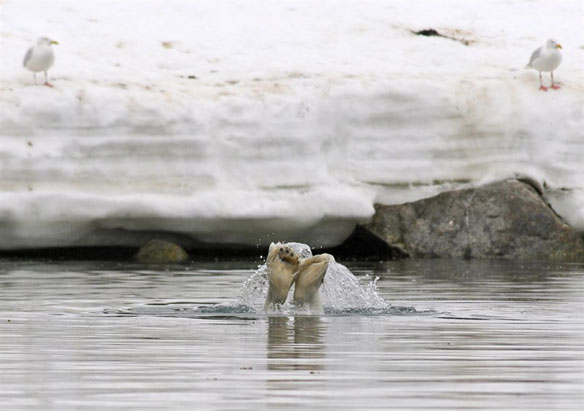
Melting Arctic sea ice could cause starvation and reproductive failure for many as early as 2040, scientists warn.
Seas quieted by pandemic could reduce stress, improve health in whales
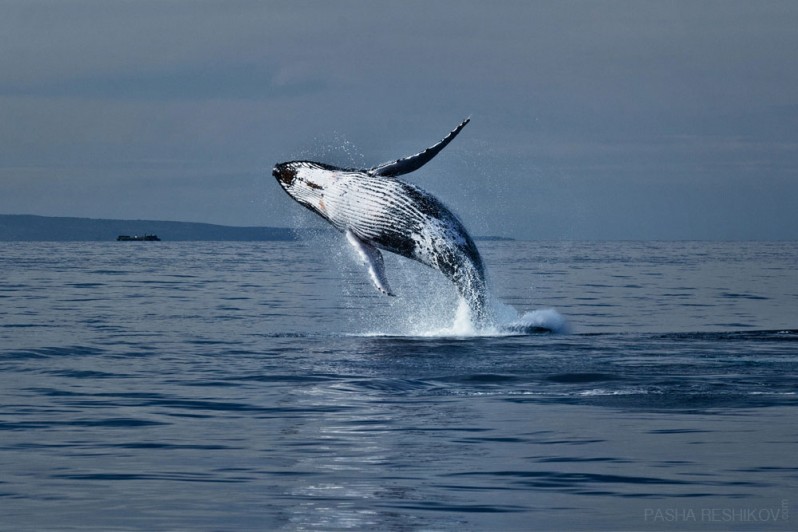
Scientists have a rare chance to study a marine world largely free of humans and their noisy machines.
Climate change could make toxic algal blooms in our oceans more deadly
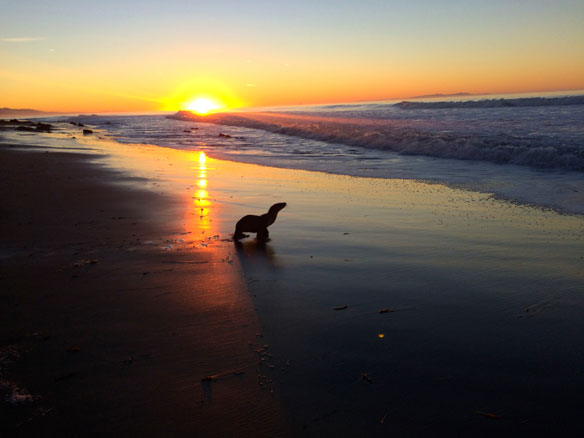
Late spring and early summer in California bring thousands of marine mammals to the state’s beaches, as groups of California sea lions, elephant seals and harbor seals give birth along the shore. But toxic algal blooms are increasingly poisoning these marine mammals.
Rising water temperatures could endanger the mating of many fish species
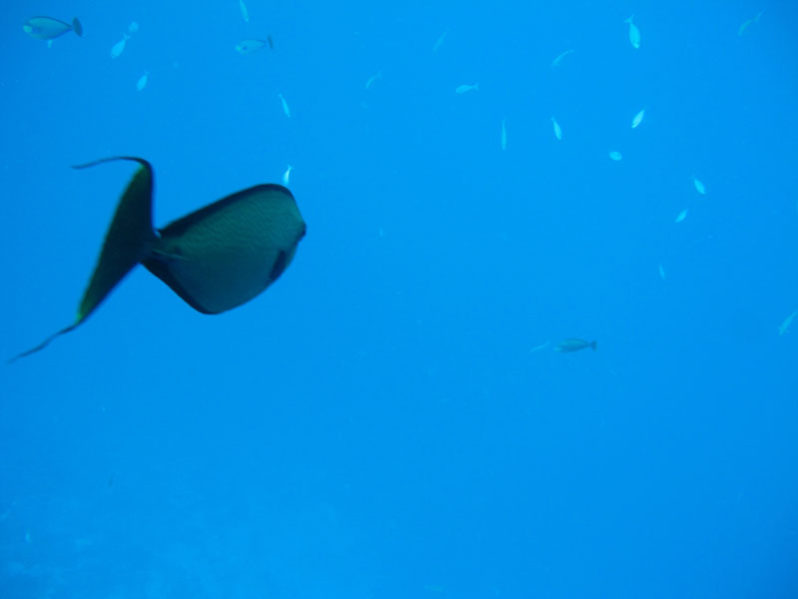
In a new meta-study, experts have published ground-breaking findings on the effects of climate change for fish stock around the globe.
Jellyfish the size of dinner plates are welcoming visitors to Northeast beaches
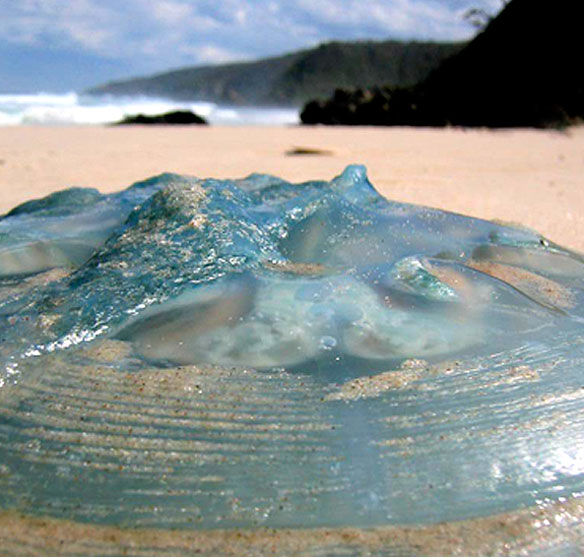
Some beaches in the northeastern United States are dealing with more than the threat of COVID-19 this holiday weekend. They have to contend with an unwelcome visitor: the Lion’s Mane jellyfish.
Viral video captures bird of prey carrying huge shark-like fish at Myrtle Beach
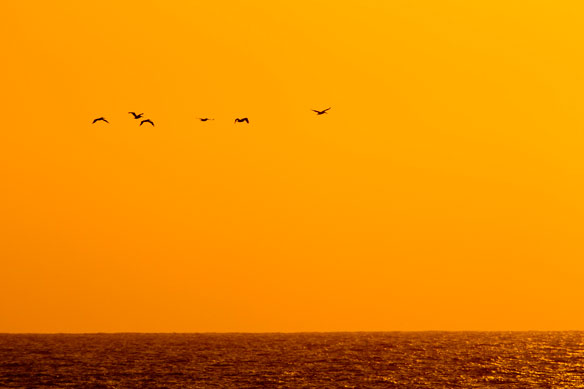
Beachgoers in South Carolina experienced “Sharknado” in real life this week when a massive bird was caught on video flying through the air, carrying what many believed to be a shark in its talons.
